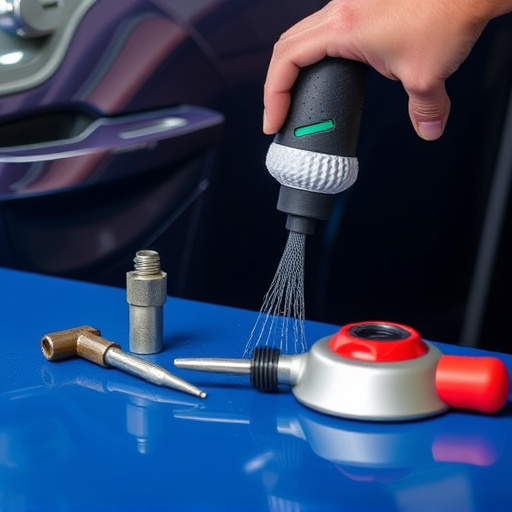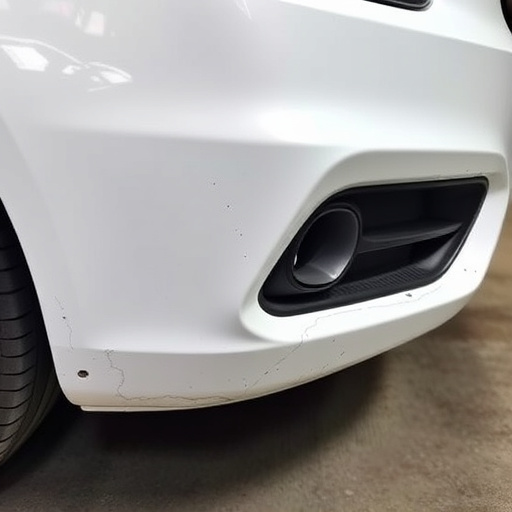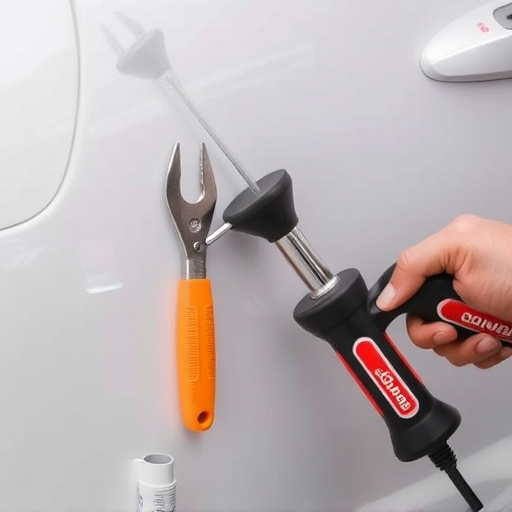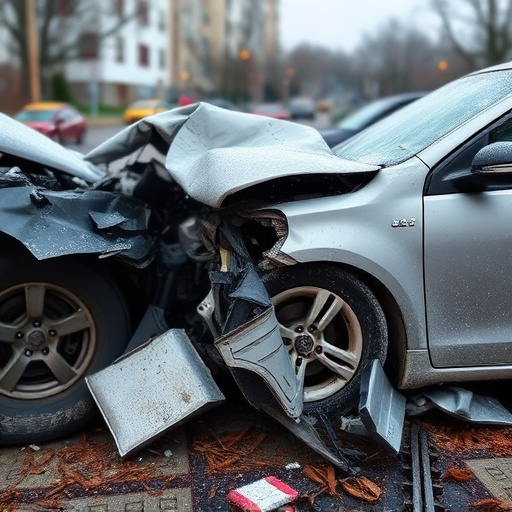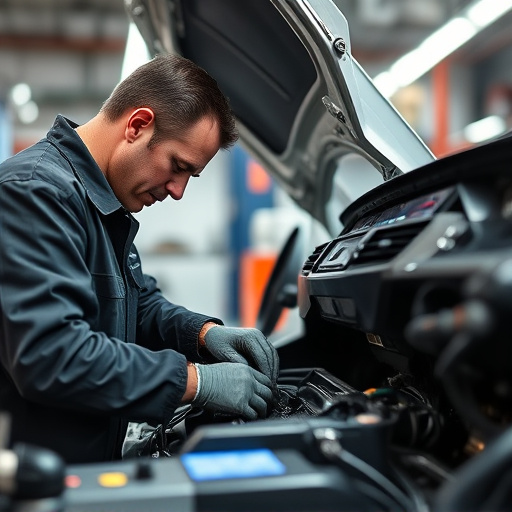Fleet collision services are vital for businesses aiming to minimize risks and maintain smooth operations. They swiftly address vehicle collisions with expert repairs, restoring vehicles to their original condition. By promptly addressing incidents, these services reduce disruptions, financial losses, and promote safety compliance. Essential causes of fleet collisions include fatigued drivers, poor road conditions, mechanical failures, and human error, which effective collision services mitigate through specialized repairs, minimizing downtime and reducing costs. Businesses should also focus on regular maintenance, driver training, and staying updated on vehicle technologies to enhance fleet safety and prevent accidents.
In today’s bustling business environment, fleet collision services are no longer an optional luxury—they’re a strategic necessity. With fleets facing constant wear and tear, understanding and mitigating collision risks is vital for any company’s operational success. This article explores why fleet collision services are crucial, delving into risk mitigation through collision prevention, proactive safety measures, and efficient response strategies. By leveraging these services, businesses can navigate the challenges of fleet management with enhanced safety, compliance, and cost-effectiveness.
- The Role of Fleet Collision Services in Risk Mitigation
- – Understanding the common causes of fleet vehicle collisions
- – Quantifying the financial and operational impacts of accidents
The Role of Fleet Collision Services in Risk Mitigation

The role of fleet collision services in risk mitigation cannot be overstated, especially for businesses relying on well-maintained vehicle fleets to keep operations running smoothly. These services play a pivotal role in minimizing potential losses and ensuring the safety of drivers and other road users. By offering specialized auto collision repair and vehicle repair solutions, fleet collision services help businesses navigate through unexpected incidents that could otherwise disrupt their daily schedules and bottom lines.
Promptly addressing collisions involves more than just fixing dents and scratches; it requires expertise in auto painting and structural repairs to restore vehicles to their original condition or even enhance safety features. This proactive approach to risk mitigation not only reduces the likelihood of future accidents but also fosters a culture of responsibility and compliance within the organization, ensuring that all vehicles on the road are safe and up-to-date with necessary maintenance.
– Understanding the common causes of fleet vehicle collisions
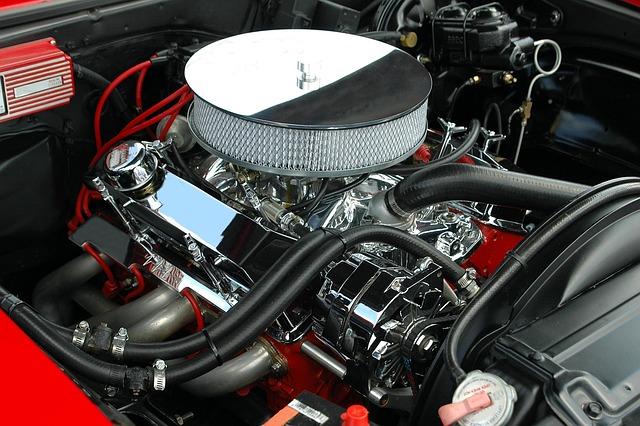
Fleet vehicle collisions are a significant concern for businesses operating large fleets, and understanding their causes is the first step towards mitigating risks. Common factors contributing to these accidents include driver fatigue, road conditions, mechanical failures, and human error. Long working hours and high driving speeds can lead to decreased reaction times, especially in commercial drivers who often face tight schedules. Moreover, poorly maintained vehicles or those lacking up-to-date safety features are more prone to accidents, underlining the importance of regular fleet maintenance.
Effective fleet collision services play a pivotal role in addressing these issues. They offer specialized solutions for fender repair and auto frame repair, ensuring that vehicles are restored to their pre-accident condition. By implementing prompt collision response strategies, businesses can minimize downtime, reduce costs associated with repairs (including car restoration), and enhance overall fleet safety. Regular training programs for drivers and staying abreast of the latest vehicle technologies can also contribute to preventing collisions and fostering a culture of road safety.
– Quantifying the financial and operational impacts of accidents
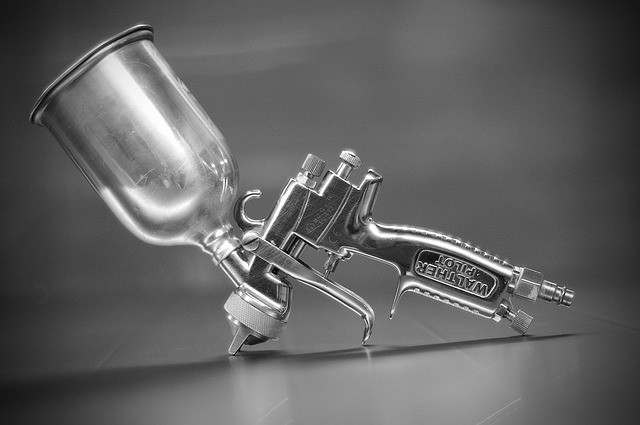
Accidents involving business fleets can have significant financial and operational repercussions. When a vehicle is damaged, it’s not just about the cost of repairs; it also includes downtime, which translates to lost revenue for businesses relying on their fleet for daily operations. For instance, a single accident might lead to a delivery truck being out of service for several days or even weeks, impacting customer satisfaction and potentially losing valuable contracts.
The operational impact goes beyond immediate losses. Repairs can take time, especially when dealing with complex procedures like frame straightening or extensive auto detailing. During this period, businesses may need to invest in temporary solutions, rearrange schedules, or even incur extra costs for rental vehicles. Efficient fleet collision services, therefore, become indispensable, offering quick turnaround times and specialized services such as vehicle dent repair and precise frame straightening to minimize these disruptions and keep business fleets on the road, where they belong.
Fleet collision services play a pivotal role in mitigating risks for business fleets, addressing common causes of accidents, and minimizing their financial and operational consequences. By investing in these services, companies can enhance safety, reduce downtime, and optimize fleet performance, ultimately contributing to cost savings and improved overall efficiency.


